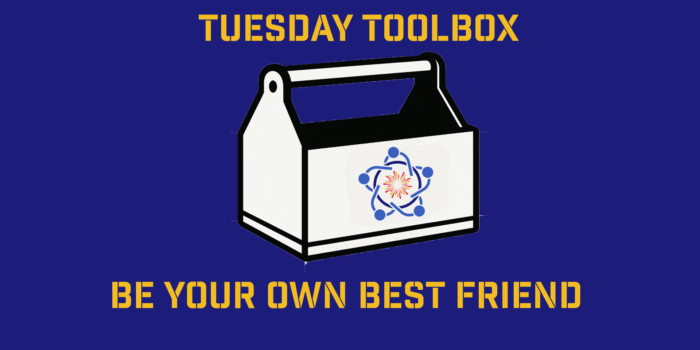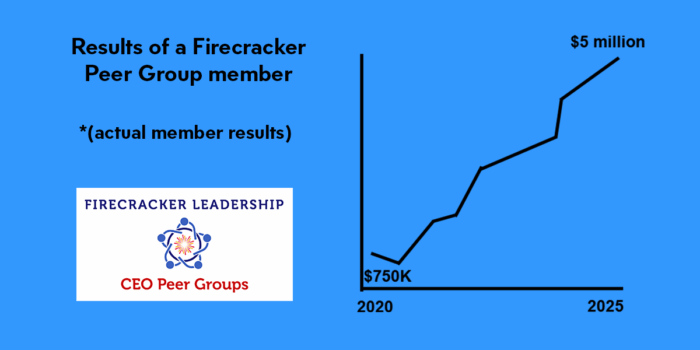My Wednesday Wish for You: To Be Your Own Best Friend We often push ourselves harder than anyone else ever…
Here’s a way from intelligent change to reflect and plan for next year.
In the chaos of everyday life, it can be easy to lose sight of our long-term goals and forget our priorities. But time is precious, and knowing what matters ensures we take action on the things that best use our time.
As the end of the year approaches, we want to put ourselves in a strong, pro-active position for the start of the next. And it doesn’t need to be a complicated process. We can do a handful of things that reaffirm our vision, boost our confidence, and set us on the right track, ready for the start of a fresh year.
Here are three simple steps on how you can finish the year strong, ready to make an impact next year, inspired by the annual planning ritual with the Best Year Journal.
1. Take note of, and reflect on, your previous goals
Can you relocate those goals if you identified what you wanted over the last 12 months?
Did you keep track of these and rewrite them as the year went on?
Familiarize yourself again with your plans, dreams, and aims. With them in front of you, take note of what you achieved and missed. Reflect or journal on what worked and what didn’t.
Ask yourself: For those objectives you didn’t hit this time, what are one or two things you could change to move forward?
This exercise brings awareness to the cause-and-effect nature of goal setting and re-establishes focus on your objectives.
Maybe there are one or two goals you could make an extra effort in the final stretch of this year to make work?
2. Journal on your main wins and lessons
Bring your attention to the goals you achieved and those you didn’t get the chance to hit this year. Great.
Now is the time to journal about your top 5 to10 wins over the past 12 months. This is interesting because these wins and losses don’t necessarily have anything to do with the goals you set before.
Often, we see successes that come about regardless of our initial plan. These wins can inform you what goals you decide to focus on ahead. It always makes sense to do more of what is already working. This is an opportunity to establish gratitude for what has happened. But it’s also a moment to give yourself some credit.
We sometimes neglect to acknowledge the things we’ve done that took work, energy, and grit. What are those things? Give yourself some love and a solid pat on the back. Celebrate your wins, get yourself a valuable present, experience, or a trip to reinforce your progress, and make it memorable.
Bringing awareness to your wins adds more weight to the drive you have behind your actions and goals into the following year.
Now is also the time to note down some of the challenges you overcame, mistakes you made, and the losses incurred. We can reframe these experiences by finding the lessons and the opportunities for growth and improvement. What are these lessons? What can be your take away?
This is a powerful exercise because it trains us to see opportunity in all our perceived setbacks. It conditions us to develop a growth mindset and a more robust, resilient approach to life.
3. Write down your goals for the next year and beyond
Next, you want to write a new list of goals and objectives that you can refer to regularly through next year. Break them down into categories for extra clarity.
This could be goals on:
- Relationships (family, romance, friends)
- Business
- Financial
- Health and Fitness
- Creativity
- Self-development, and so on.
This list represents your vision for what you want to happen in the next period.
You can identify goals for the next 5 years, 3 years, 12 months, right down to half a year and the next 30 days.
I’d also suggest identifying that one primary goal that sits at the top of your goal hierarchy. It may be your main 12-month goal.
What one goal will you make sure to achieve, whatever it takes?
First, think about what is important to you. What matters more than anything else? What would you love to create?
Brainstorm a few ideas first, if that helps, and then choose the goals that speak to you the loudest. These goals can evolve over the coming months, and that’s ok. The crucial thing is that you have a sense of direction and an understanding of what you’re prioritizing.
Create that clarity now so you can start next year with a strong foundation and a purpose, knowing where you are going and what you are building in your life.



